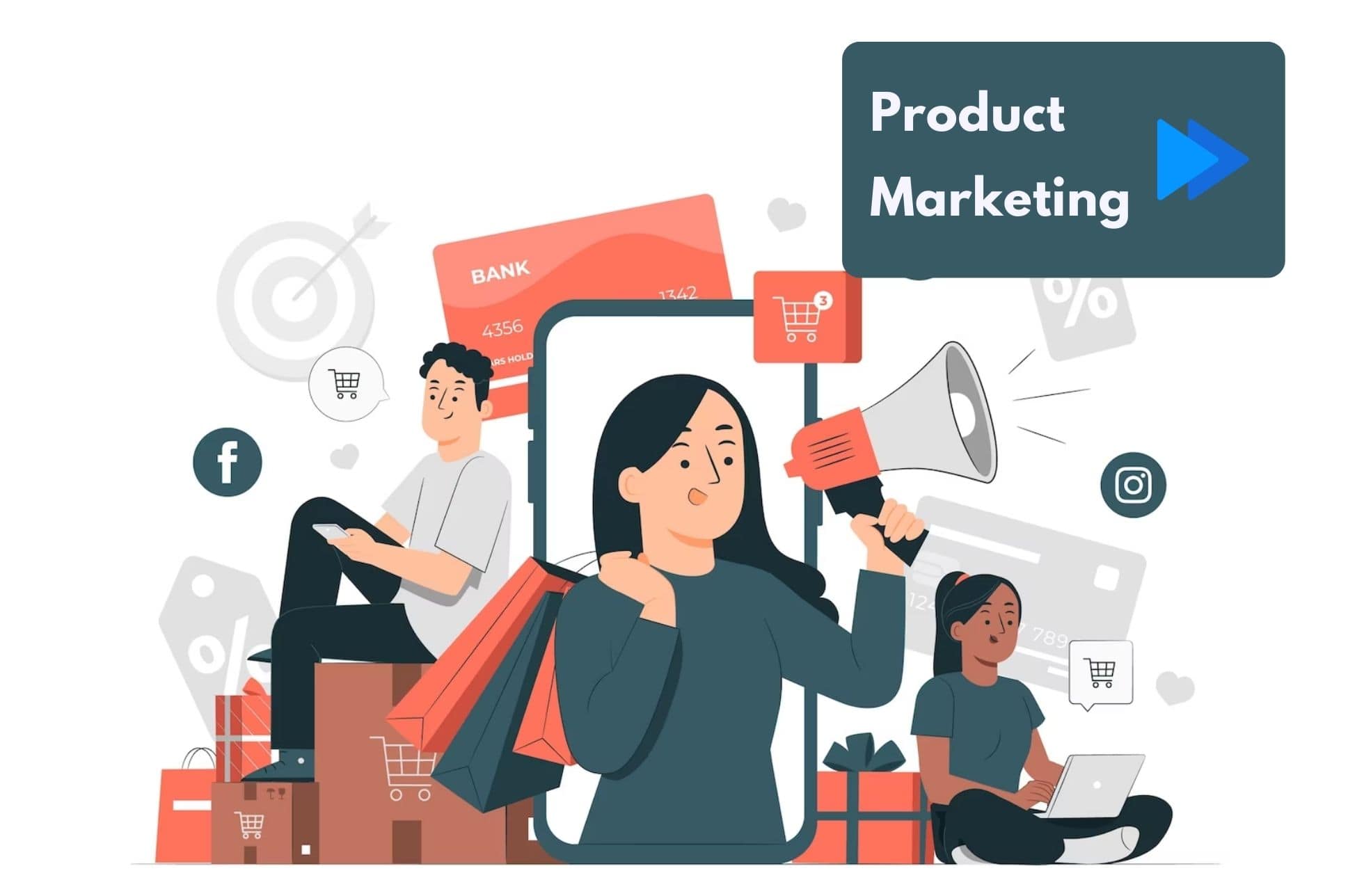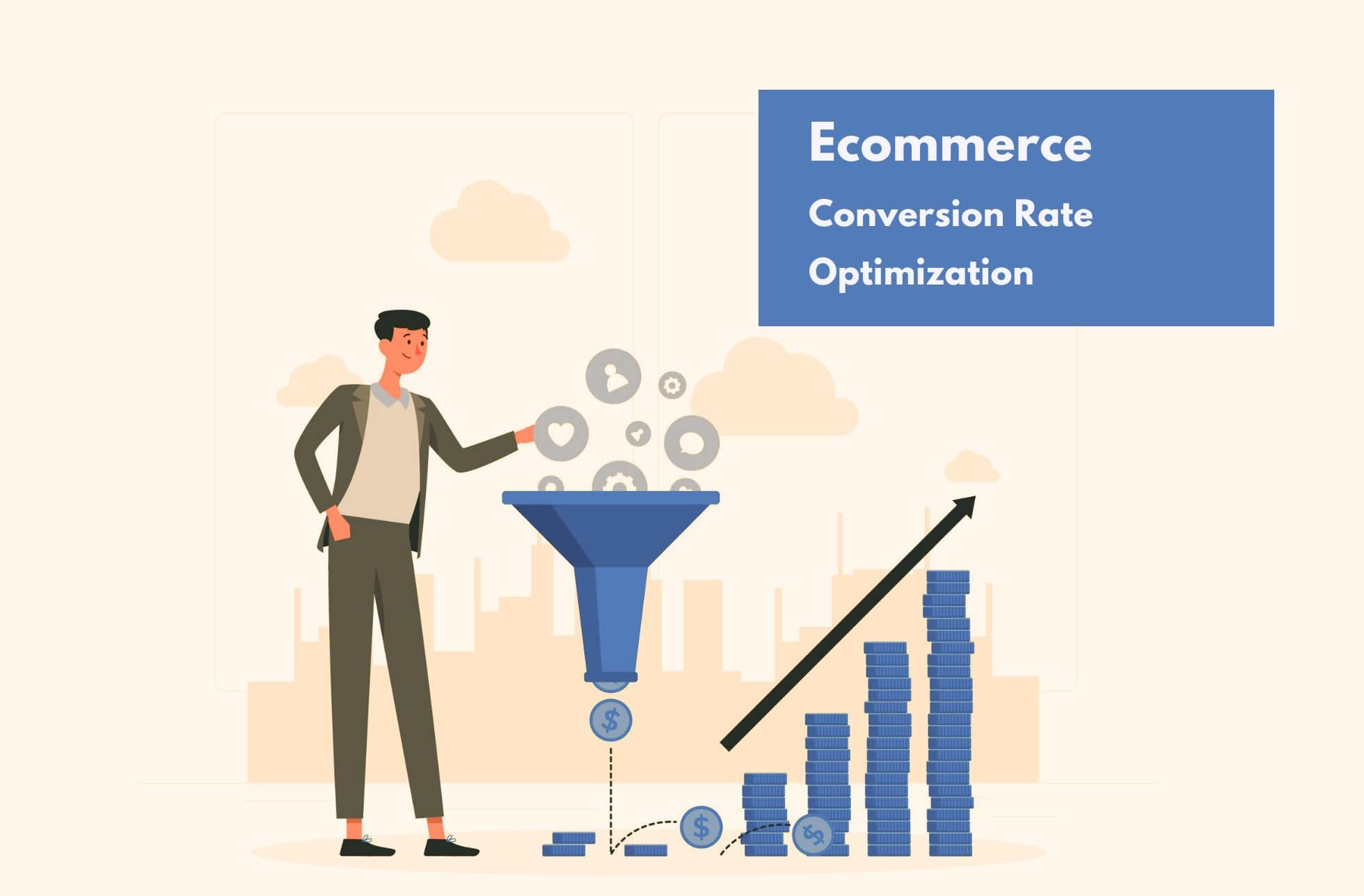Social media selling is a real breakthrough in the e-commerce landscape. For a few years now, brands started selling their products through social media platforms all over the world. With the rise of mobile phone users and social media platforms that are now integrating payment systems to allow their users to purchase directly from brands, social commerce is on the rise.
4 in 10 users have purchased an item after having shared it on social media. Today, consumers are more influential and empowered than ever. At a time when traditional advertisement has less and less influence on native digital consumers, social media selling appears as the best way to convert. But the real question here is “does social commerce differ cross border?”
Let’s take A closer look at the UK, Germany and USA habits
When we look at the social media selling landscape across the UK, Germany and USA we see several similarities. The most notable ones are that all three markets are : established in terms of e-commerce and use similar social media networks.
In terms of global rankings for volume of e-commerce sales; the USA is number 2, the UK number 3 and Germany number 5. When we take into consideration per capita e-commerce sales volume, the differences in market size is not very pronounced. The consumers of each of the countries are some of the most open in the world to e-commerce.
Social media used by consumers differs only marginally between these three countries, with Facebook being number one in all three areas. Twitter and Instagram also deserve an honourable mention as top performers.
One might be forgiven for thinking then, that the same social media marketing strategy could be adopted across all three territories. However, there are several differences between each of the markets, particularly in the way consumers purchase online.
How important is language in the process?
Language is the obvious differentiator between Germany and the UK & USA. However, research suggests that language has less of a bearing on international e-commerce sales than most people think. Depending on the market and industry, introducing a localised language will lead directly to only a 2%-3% increase in sales.
While it does help to indirectly establish trust, often the cost of translations, and time taken managing multilanguage social media accounts does not represent an efficient use of resources (or provide a sustainable ROI).
Are social medias the new route to purchase?
According to Ipsos MORI, social media selling in the US is one of the most important methods of driving cross border e-commerce sales. Indeed, US consumers are twice as likely to buy because of a social media link than German customers are. German consumers’ reluctance to purchase through social media interaction is largely due to the way in which German consumers purchase online.
More sales take place because of search engine traffic, when compared to the UK and USA. Germans are more likely to know what they want, and type it into a search engine, than impulse purchase through social media.
Attitudes towards social media platforms are changing
Social media platforms (particularly Facebook) are pushing consumers more and more to purchase through social media. Hence, we will see (and are seeing) the number of people purchasing through (and directly on) social media grow. The US and the UK are just early adopters of this trend.
While German consumers may not currently be so open to social sales, they will be. So, test new strategies in the UK and US, before looking to expand them to Germany.
Is influencer marketing the future of online sales?
The best way to do social media marketing is through influencer marketing. Period. Why spend years building a company’s social media account, when you can associate the business with tens (if not hundreds) of influencers who are already talking to (and are more trusted by) the right customers?
If you have identified a particular target market, in a particular country, influencer marketing will drive sales. This is irrespective of attitudes to purchasing through social media, because customers do not feel as though they are purchasing through social media. Customers feel as though they are taking the advice of someone they trust, it just so happens to be through social media.
There is an important cross border element here, however, do not go for a blanket approach. If you are looking to increase sales of your product in Germany, look for influencers that are not just specific to your industry, but specific to that geography. The more targeted the approach, the more cost effective (and profitable) your marketing efforts will be.
What do you think is going to the next strategy to convert cross border? Tell us below or Tweet us!





